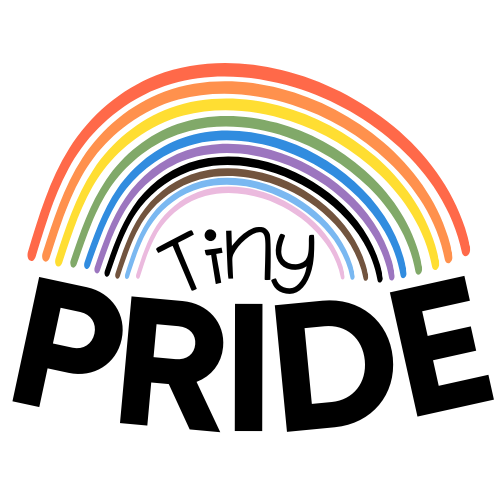Visibility days
After the advent of Marriage Equality in Australia and elsewhere in the world, lots of people have been asking: what more do you want?
It's a fair question, but possibly one that needs to be interrogated a little more for the underpinning assumption. As a community member, I assumed that things would get much, much easier for our community. Globally, enshrining human rights and progress does make things more easy for people to accept who they are. But a leap forward in rights also means that those who do not agree tend to organise to either resist more change, or undo the hard won rights of people.
We see this demonstrated in the policy changes in places like the UK, America and even Italy. In the UK, the parliament has just apologised for what it called Section 28 - a law that banned any mention of homosexuality in schools. The apology recognised the damage done to young people who were forced to stay in the closet and who faced extreme harassment for being a young person in the LGBTIQA+ community. Extraordinarily, this same parliament has just released guidelines that have been widely critiqued. On the surface things like ‘involving parents’ when a student comes out at school that might make sense, the research says that over a third of these young people think they would not be supported by their families. School was a place where they previously felt safe - it’s potentially back to being a battleground for young trans and gender diverse people.
This year, over 400 bills hostile to the LGBTIQA+ community were introduced across America in state and federal legislatures. The bills are generally aimed at young LGBTIQA+ students and cover everything from book bans to prohibiting instruction on LGBTIQA+ topics/lessons on sexual orientation and gender identity. This includes winding back access to bathrooms that align with their gender and banning trans kids from participating in sport. A report into Google searches also found a 1,300 per cent increase in the search terms: am I gay? since the early 2000s. The researchers correlated those places with the highest search rates as states where it’s still hard to be gay. There’s never been a more important time for young people to have access to information about their lives.
In Italy, a province started altering birth certificates for LGBTIQA+ parents. Lesbians who had previously been able to be identified as a parent on their child’s birth certificate have now had this revoked. This has caused all sorts of complications in relation to the care decisions for the children of these parents who no longer are afforded parental legal status, with recognition only afforded to the biological mother.
All of these things come from a place of wanting to reinstate ‘normal’ families and as ‘common sense’ when it comes to gender and sexuality. It seems wild, but the Federal Government rushed through a national framework ratifying Marriage Equality after rumblings from SCOTUS that it was set to roll back it’s ruling on same sex marriage.
But is that just overseas?
Sure. But would it surprise you to learn that school kids in Australia still get harassed and experience discrimination at the same levels as young LGBTIQA+ people did twenty years ago? The Trans Justice Project also just released the Fueling Hate report which demonstrates a huge jump in the harassment and abuse experienced by trans and gender diverse community has been experiencing.
So our days of visibility are still important. They’re the signal to closeted and scared community members that there’s hope - that we exist. It’s also a good time to speak about the issues above - that things have not materially improved for LGBTIQA+ community and in some places, it’s much, much worse.
So we will keep raising our flags, celebrating pride and coming together on awareness and remembrance days - because in the words of our beloved Harvey Milk - Hope is Never Silent.
